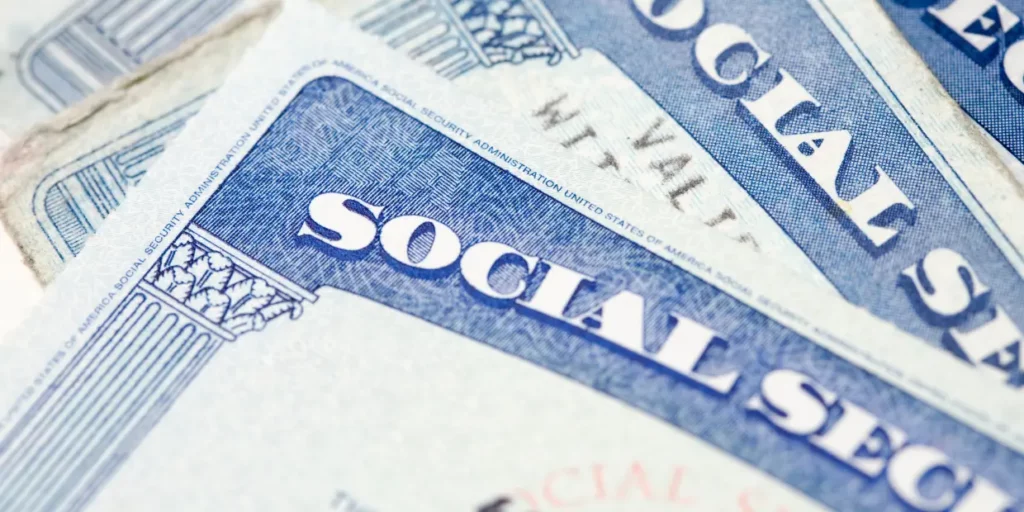Don’t Get Caught in a Social Security Scam

Don’t Get Caught in a Social Security Scam
Social Security scams are on the rise. Unfortunately, many of the older adults who receive Social Security benefits can be overly trusting and vulnerable to these scams. However, with some knowledge of how these scams play out, you can protect yourself and Social Security beneficiaries you know from these schemes.
How the scam plays out
In a Social Security scam, a target gets a phone call from someone pretending to be a Social Security employee, who informs them that their suspended benefits need to be reactivated. The target is told they must share personal information with the caller. Alternatively, they are told they must pay a fee to reactivate their account.
In another variation of the scam, an automated voice message allegeding to be from the Social Security Administration (SSA) instructs them to call a number to reactivate their “suspended” benefits. If the target follows through by calling the number, they’ll be asked to share personal information or pay a fee to continue their benefits.
The scam is sometimes pulled off through an email message containing an embedded link. The scam then follows the same script depicted earlier, concluding in the victim being asked to share personal information or pay a fee.
Of course, the end of the story is the same in each scenario: The victim shares their money and/or their information with scammers. In doing so, they pad the scammers’ pockets or grant access to their financial accounts.
Protect yourself
The SSA cautions Social Security beneficiaries to be wary of phone calls claiming to represent their organization. Also, the SSA will never:
- Ask you to share a full Social Security number over the phone.
- Demand immediate payment by gift card, prepaid card, wire transfer, cryptocurrency or cash sent through the U.S. postal system. The SSA only accepts payments electronically through Pay.gov, Online Bill Pay or physically by check or money order at its offices.
- Threaten a beneficiary with arrest or legal action for not paying immediately.
- Suspend a Social Security number.
In addition, if there is an issue with someone’s account, the SSA will notify them through the mail. They will only send emails or text messages to someone if they’ve signed up for them.
If you’ve been targeted
If you believe you’re being targeted by a Social Security scam, hang up on the caller and report the scam to oig.ssa.gov. You can also call 1-800-772-1213 and ask if there is actually a problem with your benefits. If you’re being scammed, the SSA will be better equipped to stop the scammers.
If you receive a suspicious email about your Social Security benefits, mark it as spam and do not respond. It’s also a good idea to block numbers that continuously send scammy text messages.
As a rule, never agree to wire money to an unverified contact over the phone or online. In fact, it’s best not to share any personal info over the phone or internet.
Finally, tell your friends and family about the scam so they can be aware and protect themselves.
Stay safe!
Content Source: CUContent






